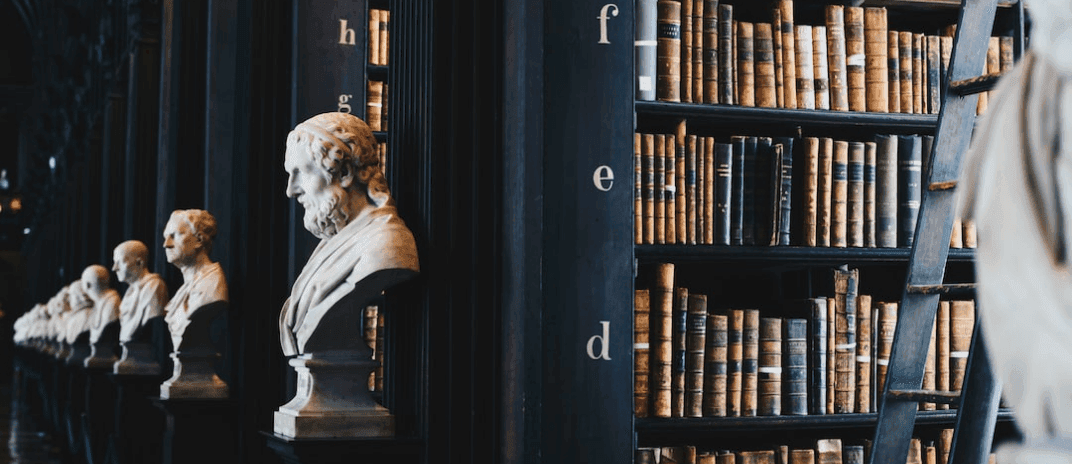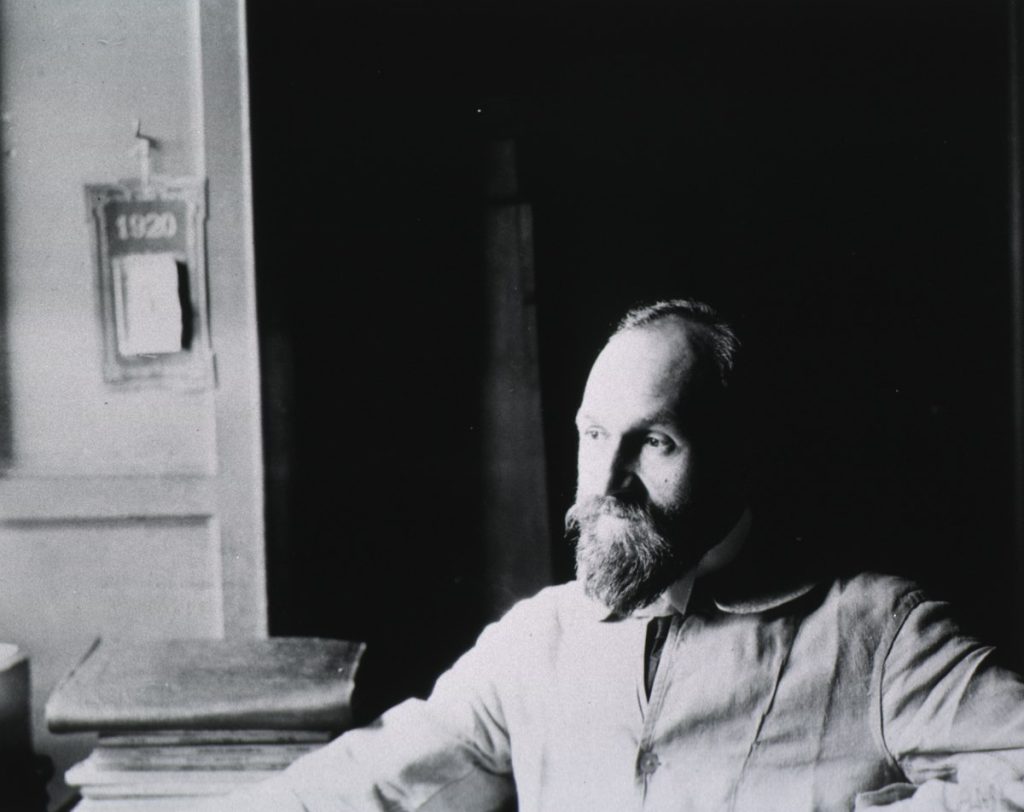


Are you curious about the origins of sleep and its impact on your health and brain function? Well, you’re in luck! In this article, we’ll take you on a journey through time to explore five fascinating facts about sleep.
From ancient civilizations descriptions to groundbreaking research, you’ll learn how sleep has shaped our understanding of this essential human function.
Discover the crucial role sleep plays in regulating your immune system, cognitive abilities, and emotional well-being.
The history of sleep, also known as the evolution of sleep, pertains to the study of sleep patterns, behaviors, and beliefs throughout different civilizations and time periods.
During ancient times, various civilizations, such as the Egyptians and Greeks, provided unique perspectives on the experience of sleep. The history of sleep reveals that sleep duration was often divided into two shifts, with intervening wakefulness. Early descriptions of sleep emphasized the importance of uninterrupted sleep for optimal rest and rejuvenation.
The Egyptians believed that sleep was a sacred state where the soul could communicate with the gods. The Greeks, on the other hand, attributed sleep to physical processes, such as lack of circulation to the brain or the influence of the heart and digestion. These early understandings of sleep highlight the significance placed on rest and its impact on overall well-being.
As we delve deeper into the history of sleep, we discover how different cultures and civilizations have shaped our understanding of this essential aspect of human life.

In the exploration of historical sleep patterns, you’ll discover fascinating facts about the evolution of sleep in Western societies.
Until the 19th century, biphasic sleep was the dominant pattern. Preindustrial households would retire between 9 and 10pm, sleeping for 3 to 3 ½ hours during their first sleep. After midnight, they’d wake up for an hour before taking a second sleep until dawn. This pattern can be found in ancient texts like Homer’s Odyssey and Virgil’s Aeneid.
However, the consolidation of sleep phases into a single sleep became more common in the 19th century due to technological and cultural changes. The introduction of gas and electric lighting played a significant role, leading to seamless slumber becoming the norm in Western societies.
The Industrial Revolution influenced the evolution of sleep patterns, particularly with the introduction of artificial illumination. This technological advancement had a profound impact on how people slept and the consolidation of sleep phases. Here are two key points to consider:
Embrace of artificial lighting: The growing prevalence of gas and electric lighting, like gas streetlights in London in 1807, played a significant role in shaping sleep patterns. The advancement of lighting technology contributed to the consolidation of sleep phases, leading to seamless slumber becoming the norm.
Documentation of sleep patterns: Commercial databases containing historical evidence have allowed for the documentation of the evolution of sleep patterns. This provides valuable insights into the changes that occurred during the 19th century and beyond.
The evolution of sleep patterns is a testament to the adaptability of humans and the influence of societal advancements. As we continue to strive for freedom and progress, it’s important to recognize the impact these changes have on our sleep habits and prioritize restful sleep in our daily lives.
To improve your sleep quality and adapt to changing lifestyles, consider the future of sleep patterns. As our world becomes more fast-paced and interconnected, the way we sleep is likely to continue evolving. However, it’s important to prioritize your own well-being and make choices that align with your desire for freedom.
In the future, the consolidation of sleep patterns is expected to continue. Many individuals today prioritize a high-wattage lifestyle over sufficient sleep, leading to a quest for the perfect night’s rest. This often involves relying on sleep aids, highly caffeinated beverages, and naps to compensate for inadequate sleep.
To ensure a better sleep experience, it’s crucial to find a balance between work, leisure, and rest. Creating a relaxing ShutEye and start tracking your sleep.
As you explore the fascinating history of sleep, it’s important to acknowledge the significant milestones in sleep research. The evolution of sleep and our understanding of it can be attributed to various breakthroughs in scientific study.
In 1913, Henri Pieron published ‘Le probleme physiologique du sommeil,’ the first comprehensive book on sleep.

Then, in 1953, Nathaniel Kleitman and Eugene Aserinsky discovered Rapid Eye Movement (REM) sleep and established its connection to dreaming.

The 1970s saw Allan Rechtschaffen and Anthony Kales developing the first standardized method for scoring sleep stages, while the 1980s saw a surge in research on sleep disorders.

These milestones have shaped our understanding of sleep and paved the way for advancements in sleep research, enabling us to better comprehend the complexities of sleep patterns and disorders.
Sleep greatly impacts your overall health and well-being. It plays a crucial role in maintaining a healthy body and mind. Lack of sleep can have detrimental effects on your health, both physically and mentally. Here are some key ways in which sleep can impact your health:
| Sleep and Health | Effects on Health |
|---|---|
| Sleep Deprivation | Impairs cognitive function, attention, and memory. |
| Sleep Disorders | Affects millions of people worldwide, leading to various health issues. |
| Melatonin | Regulates sleep patterns and is important for maintaining a healthy sleep-wake cycle. |
| Segmented Sleep Patterns | Some historical sleep patterns involved two shifts of sleep, with periods of wakefulness in between. |
Proper sleep is essential for your well-being. It is important to prioritize sleep and establish healthy sleep habits to ensure optimal health and freedom from sleep-related issues.
To regulate your sleep, the circadian rhythm, controlled by the suprachiasmatic nucleus, helps maintain a healthy sleep-wake cycle.
Here are three fascinating facts about the regulation of sleep:
1. Melatonin: This hormone, produced by the pineal gland, plays a crucial role in regulating sleep patterns. Its production is influenced by light exposure, with blue light having a particularly disruptive effect on the circadian rhythm.
2. Adenosine: As you go about your day, adenosine, a neurotransmitter, accumulates in your brain. This accumulation promotes sleep and helps regulate your sleep-wake cycle.
3. Sleep Homeostasis: Your body maintains a balance between sleep and wakefulness based on prior sleep debt. Sleep homeostasis ensures that you feel sleepy when you’re sleep-deprived and helps regulate your sleep pattern.
Understanding these mechanisms of sleep regulation can empower you to make informed choices about your sleep habits and prioritize healthy sleep patterns.
During sleep, your brain undergoes vital processes that support memory consolidation and emotional processing. Sleep plays a crucial role in the functioning of your brain, affecting your cognitive abilities, attention, and creativity. It is during REM sleep that your brain processes emotional experiences and memories. Additionally, the glymphatic system, active during sleep, helps remove waste products from the brain, contributing to its overall health and function. However, sleep deprivation can have negative effects on your brain, impairing cognitive function and attention.
Sleep disorders, such as sleep apnea, can also lead to cognitive decline and neurodegenerative diseases. Understanding the importance of sleep for brain function can help you prioritize getting enough rest and taking care of your mental well-being.
If you frequently experience difficulty falling asleep or staying asleep, you may be suffering from a common sleep disorder. Here are three common sleep disorders that you should be aware of:
1. Insomnia: This is the most common sleep disorder, characterized by difficulty falling asleep, staying asleep, or both. Insomnia can be caused by various factors such as stress, anxiety, or medical conditions.
2. Obstructive Sleep Apnea: This is a sleep disorder where the airway becomes partially or completely blocked during sleep, leading to pauses in breathing. It can result in loud snoring, gasping for air, and daytime sleepiness.
3. Polyphasic Sleep: Unlike the traditional concept of having a consolidated period of sleep at night, polyphasic sleep involves taking multiple short naps throughout the day. This sleep pattern can disrupt the natural circadian rhythm and lead to sleep deprivation.
It is important to consult a healthcare professional if you suspect you have a sleep disorder, as they can provide proper diagnosis and recommend appropriate treatment options.
For effective treatment of sleep disorders, consult a healthcare professional who can provide a proper diagnosis and recommend appropriate treatment options. There are various treatment options available for sleep disorders, depending on the specific disorder and its underlying causes. Lifestyle changes, such as improving sleep hygiene and establishing regular sleeping habits, can be effective in managing certain sleep disorders. Medications, such as sleeping pills or medications for underlying medical conditions, may also be prescribed. Additionally, therapies like Cognitive Behavioral Therapy for Insomnia (CBT-I) can help address psychological factors contributing to sleep disorders. To provide a deeper understanding, here is a table summarizing common sleep disorders and their treatment options:
| Sleep Disorder | Treatment Options |
|---|---|
| Insomnia | Sleep hygiene, relaxation techniques, CBT-I, medication |
| Sleep apnea | Continuous Positive Airway Pressure (CPAP) machine, surgery |
| Narcolepsy | Medication, scheduled naps, lifestyle modifications |
| Restless Legs Syndrome (RLS) | Medication, lifestyle changes, leg exercises |
So, as you can see, sleep isn’t just a daily necessity, but a fascinating aspect of human existence.
From ancient civilizations to modern scientific research, we’ve come a long way in understanding its origins and impact on our health.
By regulating our immune system, cognitive abilities, and emotional well-being, sleep plays a crucial role in our overall well-being.
So, prioritize your sleep and seek treatment if you experience any sleep disorders, because a restful night’s sleep is essential for a healthy mind and body.
Dement WC. The study of human sleep: a historical perspective. Thorax. 1998 Oct;53 Suppl 3(Suppl 3):S2-7. PMID: 10193352; PMCID: PMC1765910.
Ekirch AR. Segmented Sleep in Preindustrial Societies. Sleep. 2016 Mar 1;39(3):715-6. doi: 10.5665/sleep.5558. PMID: 26888454; PMCID: PMC4763365.
W. H. Howell, Le problème physiologique du Sommeil. By Henri Piéron. Paris, Masson et Cie. 1913. Pp. xv + 520, six figures in text..Science37,525-526(1913).DOI:10.1126/science.37.953.525
Peever J, Fuller PM. Neuroscience: A Distributed Neural Network Controls REM Sleep. Curr Biol. 2016 Jan 11;26(1):R34-5. doi: 10.1016/j.cub.2015.11.011. PMID: 26766231; PMCID: PMC5846126.
Moser D, Anderer P, Gruber G, Parapatics S, Loretz E, Boeck M, Kloesch G, Heller E, Schmidt A, Danker-Hopfe H, Saletu B, Zeitlhofer J, Dorffner G. Sleep classification according to AASM and Rechtschaffen & Kales: effects on sleep scoring parameters. Sleep. 2009 Feb;32(2):139-49. doi: 10.1093/sleep/32.2.139. PMID: 19238800; PMCID: PMC2635577.